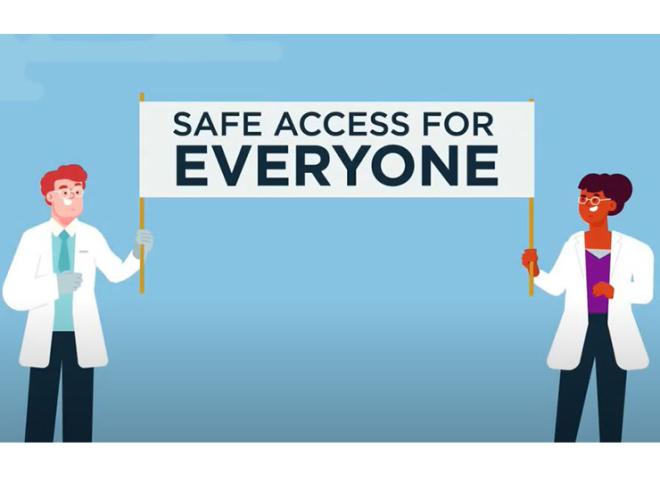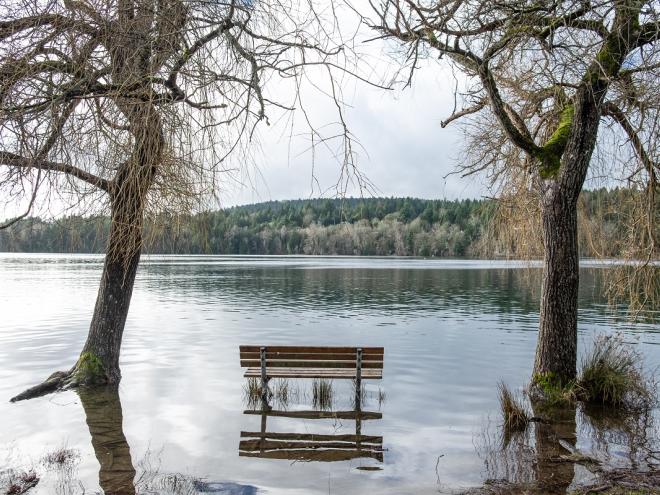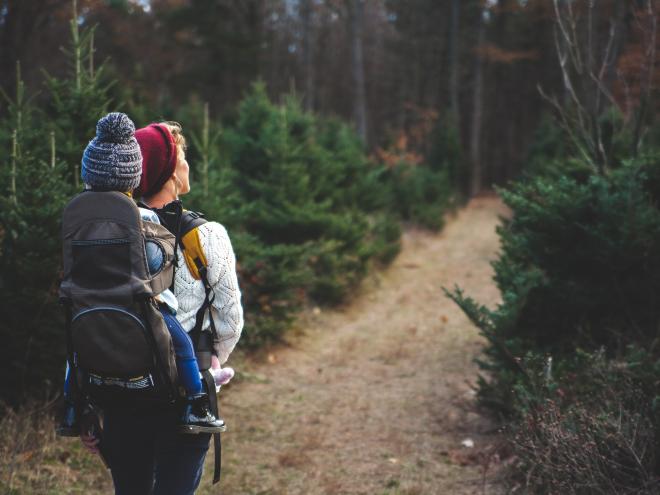April 7 marks World Health Day. Spearheaded by the World Health Organization, this year’s theme is “Our Planet, Our Health”—focusing on urgent actions needed to keep humans and the planet healthy. And for physicians across the province, the connection between the environment and human health is crucial, from managing environmental health factors to the importance of nature in the lives of patients. At its most recent meeting, Doctors of BC’s Board of Directors approved a policy resolution that supports efforts to increase equitable and safe access to green spaces for all British Columbians.
The resolution recommends that:
- Stakeholders at all levels work together to increase equitable access to green spaces for British Columbians, including those living in Indigenous and rural communities, those with disabilities, and lower-income residents.
- The physical and psychological wellbeing of all British Columbians is safeguarded when using green spaces.
- Where possible and appropriate, developing covered, weather-protected areas in green spaces that can be accessed freely and year-round.
Why access to nature important?
According to World Health Organization research, access to green or natural spaces is connected to better health outcomes, including improved cardiovascular, respiratory, and mental health. In February of this year, it was announced that doctors and other licensed health care professionals in BC and three other provinces could prescribe a free pass to Canada’s national parks. Research from Toronto Public Health found that having natural spaces in close proximity lead to better health outcomes, and there are additional health inequality-reducing benefits for those with low incomes. The benefits of green spaces are more effective when they adapt to the needs of diverse populations—all ages, ethnic backgrounds, and mobility levels.
How is BC improving accessibility to green spaces?
In 2016, the BC government launched the ‘Accessibility Guarantee’ strategy to improve the accessibility in recreational facilities, day-use areas, and campsites. The program also involves making washrooms and parking lots in these areas more accessible. As of June 2021, the province is continuing to make provincial parks accessible. Both the City of Vancouver and Metro Vancouver Regional District have made significant headway when it comes to increasing access to nature, from restoring natural space to creating accessibility guidance for regions in the area.
What are the accessibility issues?
Despite measures being taken, accessibility gaps still remain. The pandemic has further increased public engagement with green spaces, but Black, Indigenous, and People of Colour (BIPOC) have historically experienced barriers in accessing parks. These barriers include discrimination and harassment, social judgment from others, and fear of being ticketed or policed. Results from a survey conducted by Park People Canada show that 77% of Canadians believe that people experience parks differently due to their identity.
Cost can also be a barrier, as accessing BC parks by car or transit disproportionately impacts those with lower incomes. To find out more about the progress and steps that still need to be taken, read the resolution in full.


